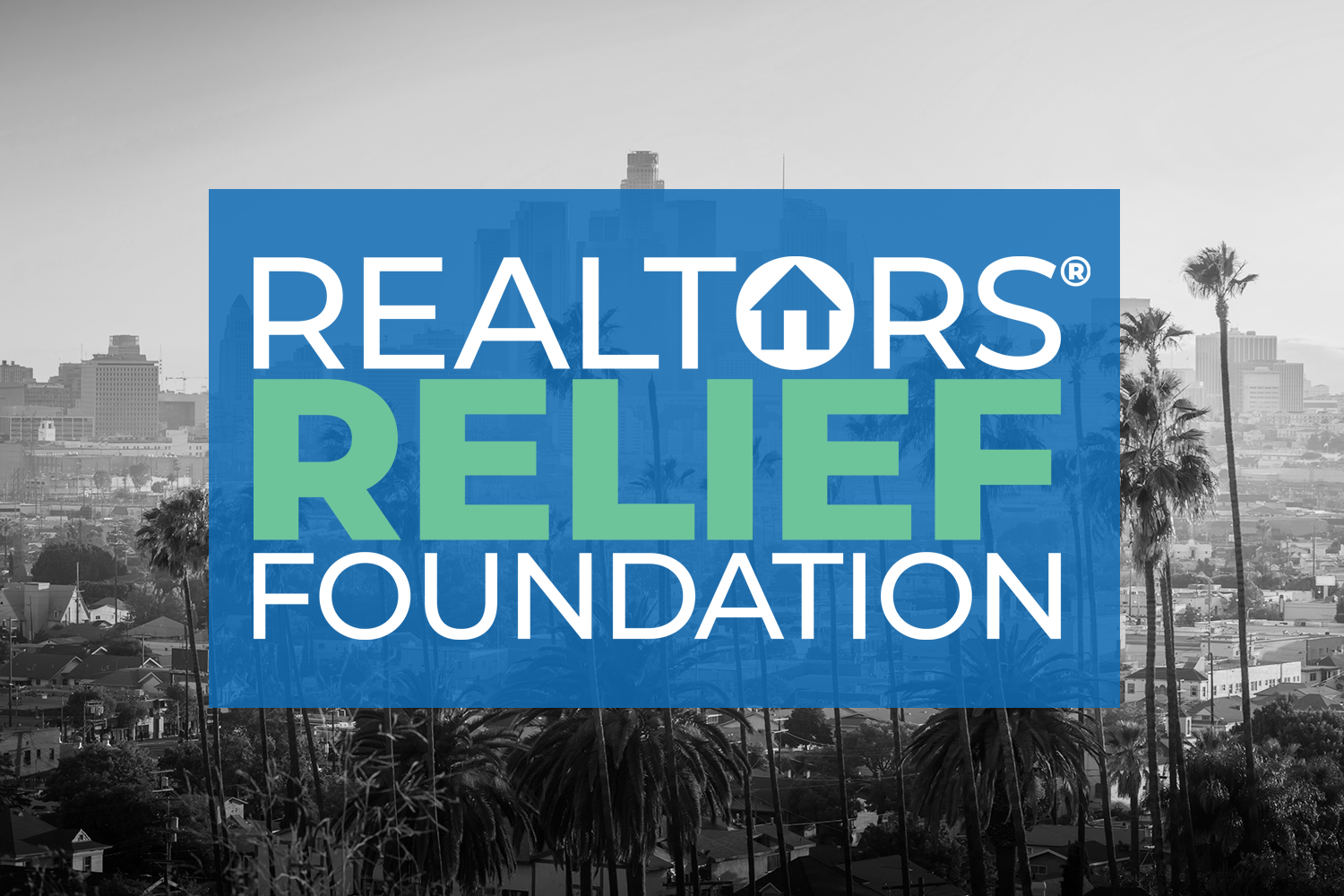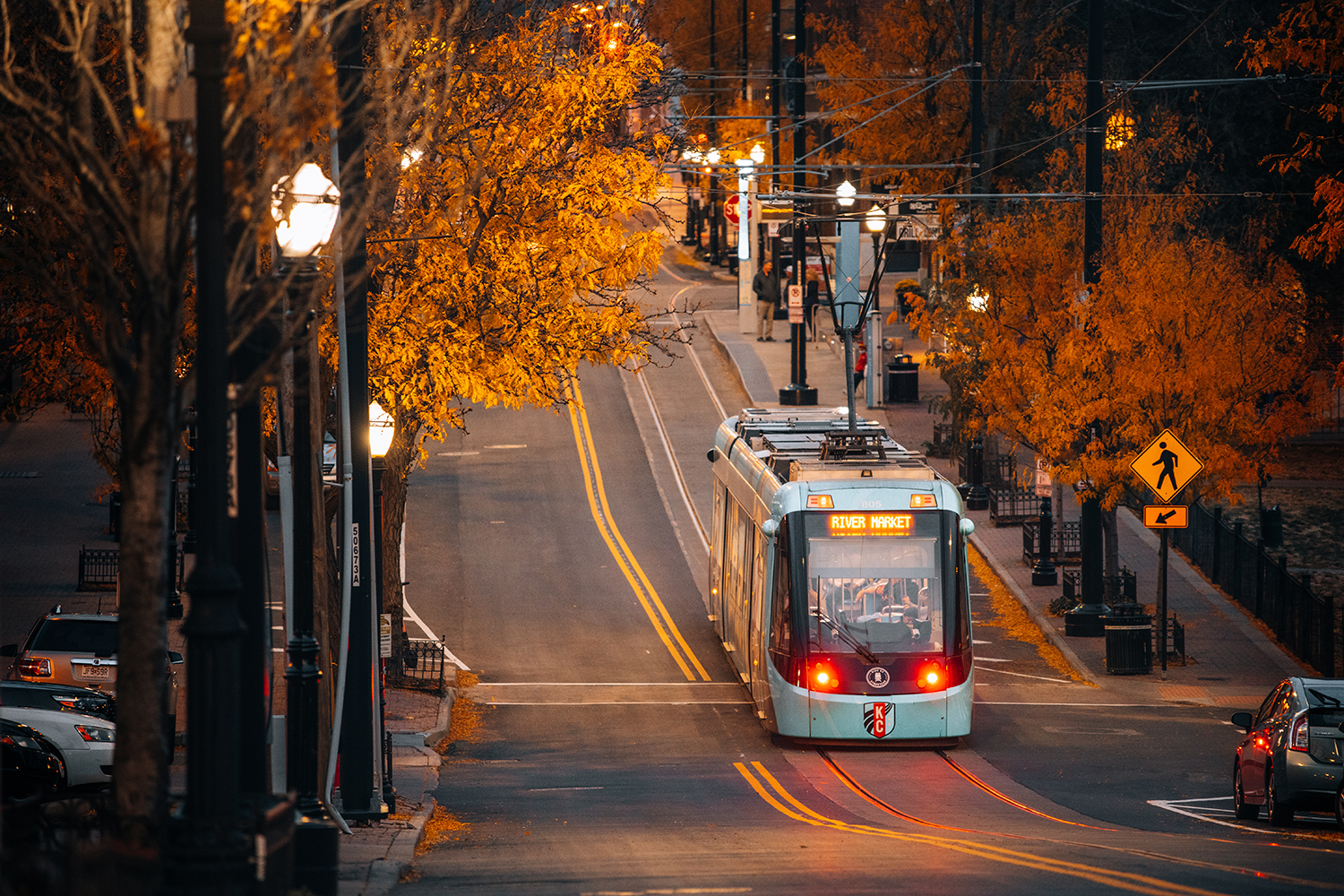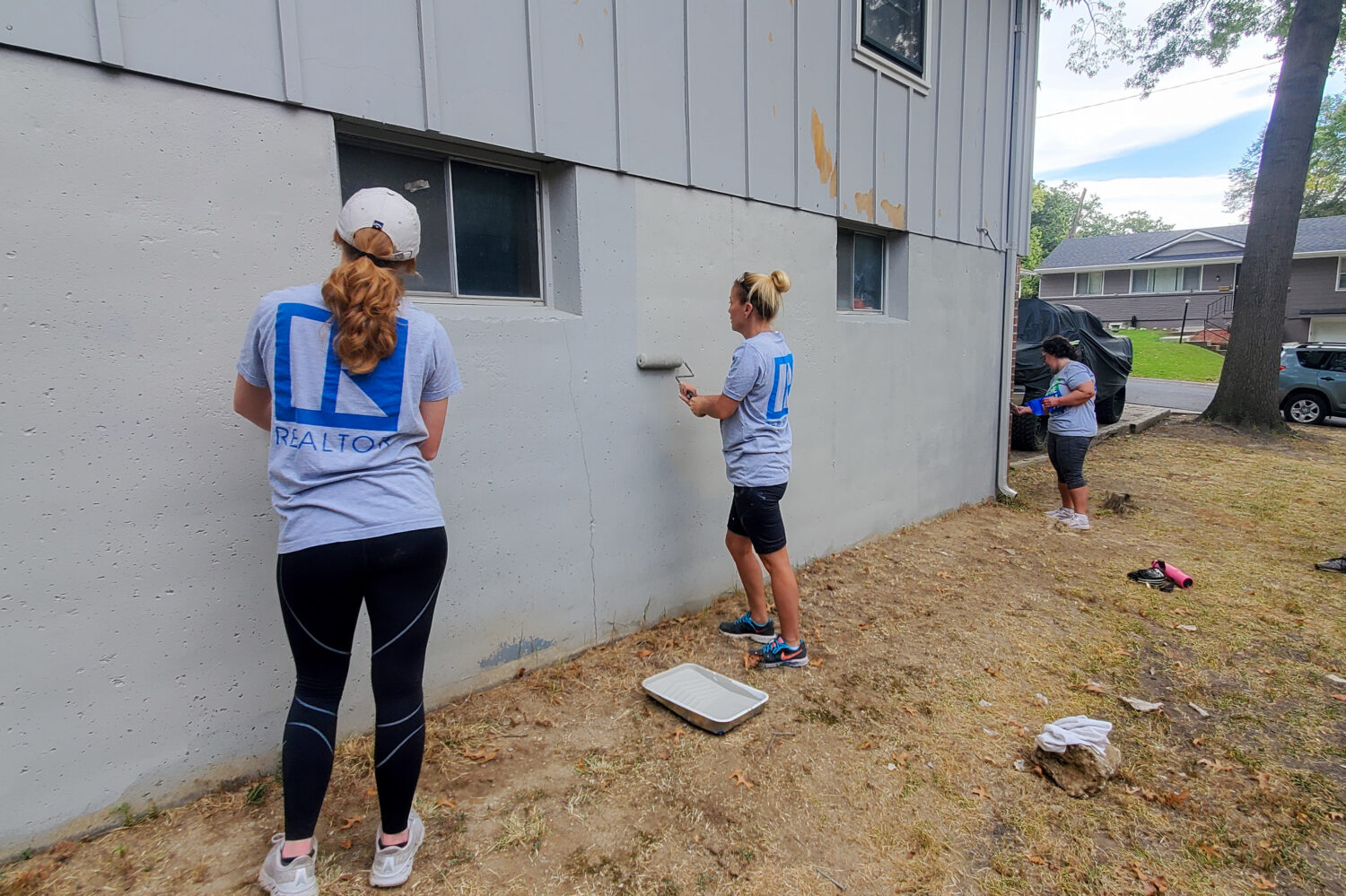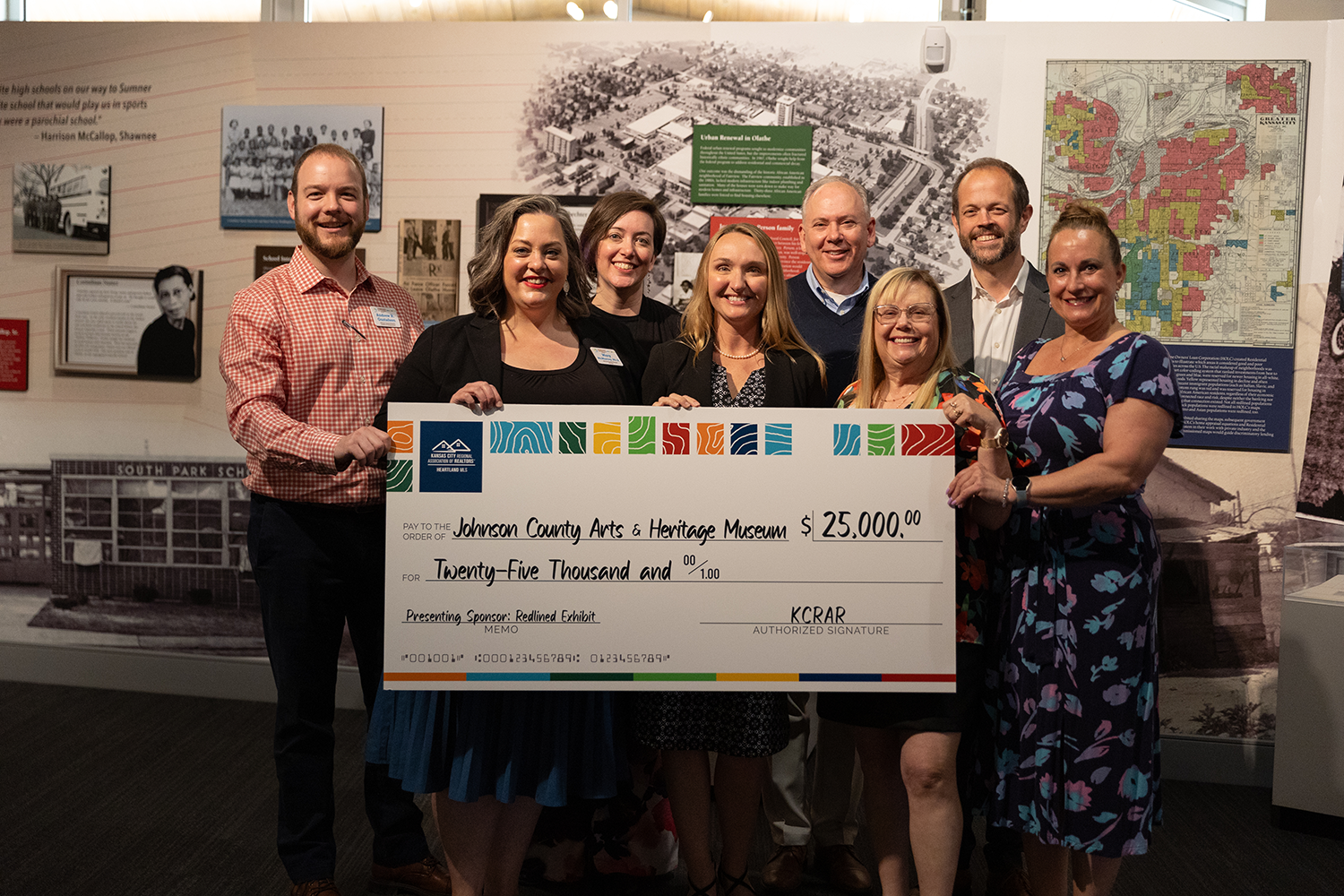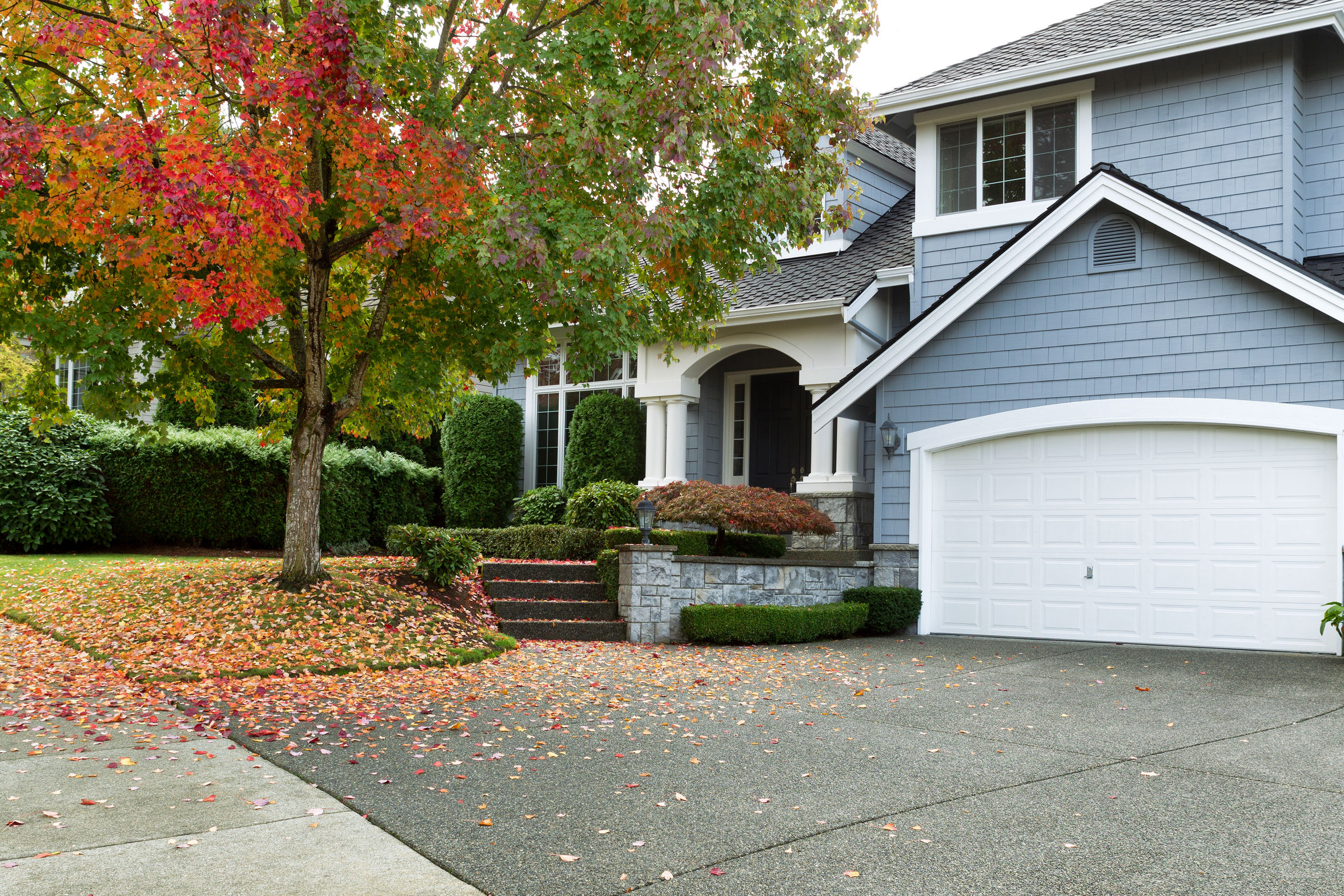
National Association of REALTORS®
Key Highlights
- The median sales price of single-family existing homes rose in 99% of 183 measured market areas in the third quarter, with double-digit price gains in 78% of the markets.
- From one year ago, the median sales price of single-family existing homes rose 16% to $363,700 (22.9% in the prior quarter), an increase of $50,300.
- With higher home prices, the monthly mortgage payment on a typical existing single-family home with 20% down payment increased to 16.6% of the median family income.
WASHINGTON (November 10, 2021) – Strong homebuyer demand and limited housing supply led to median sales prices rising for existing single-family homes in all but one of 183 measured markets in the third quarter of 2021.
This is according to the latest quarterly report from the National Association of Realtors®, which found that 78% of 183 markets experienced double-digit year-over-year price increases, fewer than in the prior quarter (94%). Three metro areas saw price gains of over 30% from one year ago, also fewer than the number in the previous quarter (12).1
“Home prices are continuing to move upward, but the rate at which they ascended slowed in the third quarter,” said Lawrence Yun, NAR chief economist. “I expect more homes to hit the market as early as next year, and that additional inventory, combined with higher mortgage rates, should markedly reduce the speed of price increases.”
The median sales price of single-family existing homes climbed 16% from one year ago to $363,700, a slower pace in comparison to the preceding quarter (22.9%). All four major regions had double-digit year-over-year price growth, led by the Northeast (17.5%), followed by the South (14.9%), the Midwest (10.7%), and the West (10.3%).
The markets with the highest year-over-year price gains were: Austin-Round Rock, Texas (33.5%); Naples-Immokalee-Marco Island, Fla. (32.0%); Boise City-Nampa, Idaho (31.5%); Ocala, Fla. (29.7%); Punta Gorda, Fla. (27.5%); Salt Lake City, Utah (26.2%); Phoenix-Mesa-Scottsdale, Ariz. (25.8%); Sebastian-Vero Beach, Fla. (25.7%); Port St. Lucie, Fla. (24.9%); and New York-Jersey City-White Plains, N.Y.-N.J. (24.5%).
“While buyer bidding wars lessened in the third quarter compared to early 2021, consumers still faced stiff competition for homes located in the top ten markets,” said Yun. “Most properties were only on the market for a few days before being listed as under contract.”
The most expensive markets in the third quarter were San Jose-Sunnyvale-Santa Clara, Calif. ($1,650,000); San Francisco-Oakland-Hayward, Calif. ($1,350,000); Anaheim-Santa Ana-Irvine, Calif. ($1,100,000); Urban Honolulu, Hawaii ($1,047,800); Los Angeles-Long Beach-Glendale, Calif. ($860,900); San Diego-Carlsbad, Calif. ($850,000); Boulder, Colo. ($769,400); Seattle-Tacoma-Bellevue, Wash. ($708,400); Bridgeport-Stamford-Norwalk, Conn. ($658,900); and Boston-Cambridge-Newton, Mass.-N.H. ($657,800).
In the third quarter, the average monthly mortgage payment on an existing single-family home – financed with a 20% down payment, 30-year fixed-rate loan – rose to $1,214. This is an increase of $156 from one year ago. With the price of a typical existing single-family home growing by $50,300, the mortgage payment climbed even as the average mortgage rate2 in the third quarter fell to 2.92% from 3.01% one year ago.
Among all homebuyers, the monthly mortgage payment as a share of the median family income increased to 16.6% (14.9% one year ago). For first-time buyers, the typical mortgage payment on a 10% down payment loan increased to 25.2% of the median family income (22.6% one year ago). A mortgage is considered affordable if the payment amounts to no more than 25% of the family’s income.3
“For the third quarter – and for 2021 as a whole – home affordability declined for many potential buyers,” said Yun. “While the higher prices made it extremely difficult for typical families to afford a home, in some cases the historically-low mortgage rates helped offset the asking price.”
A family typically needed an income of more than $100,000 to affordably pay a 10% down payment mortgage in 17 markets, matching the prior quarter. The top 10 markets were San Jose-Sunnyvale-Santa Clara, Calif. ($299,929); San Francisco-Oakland-Hayward, Calif. ($245,396); Anaheim-Santa Ana-Irvine, Calif. ($199,953); Urban Honolulu, Hawaii ($190,464); Los Angeles-Long Beach-Glendale, Calif. ($156,490); San Diego-Carlsbad, Calif. ($154,509); Boulder, Colo. ($139,858); Seattle-Tacoma-Bellevue, Wash. ($128,769); Bridgeport-Stamford-Norwalk, Conn. ($119,772); and Boston-Cambridge-Newton, Mass.-NH ($119,572).
In 83 markets, a family typically needed an income of less than $50,000 to afford a home (85 markets in the prior quarter). The 10 most affordable markets where families can typically afford to purchase a home include these metros: Decatur (Ill.), Peoria, Springfield (Ill.), Davenport-Moline-Rock Island, Waterloo-Cedar Falls, Youngstown-Warren Boardman, Cumberland (Md.), Erie, Elmira, and Wichita Falls.

